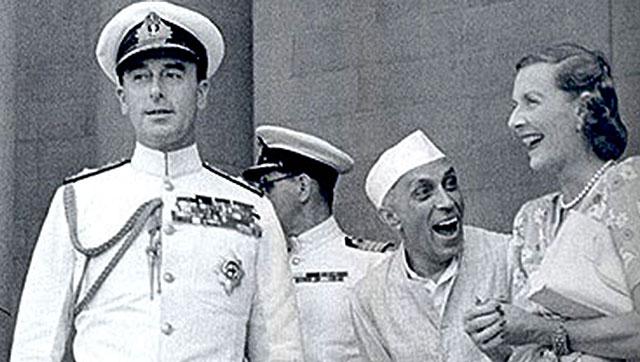Aam Aadmi Party leader Ashutosh’s defence of former social welfare and women & child development minister Sandeep Kumar has not only come a cropper but also appears to be deplorable in the wake of a rape charge against the latter. A woman, who is in the sex CD, has accused Kumar of lacing her cold drink with some intoxicant and then raping her. Only a proper investigation and trial can bring out the truth, but before all this Ashutosh was certain “that both individuals knew each other and consented to sex in a private space.” Yet, the journalist-turned-politician has inadvertently done something that may have a salutary effect on public debate: he has dared to talk about the sex lives of our supposedly great leaders.
But first Ashutosh’s failing. Journalists are trained to doubt everything—claims, statements, allegations, evidences, etc. And here is a person who was a prominent editor not long ago, and he delivers his verdict on a sensitive case even as the pertinent story is unfolding. Perhaps this is the result of having been part of the electronic media: ‘to be the first’ to report a story, to offer instant analysis on everything, to reach a conclusion based on inadequate information, faulty scrutiny, and flawed argumentation.
Yet, something good may emerge from his rambling blog in which he defended Kumar. Ashutosh almost broke the taboo of not writing about the sex lives of our beatified leaders, especially Mahatma Gandhi. He wrote: “Indian history is full of examples of our leaders and heroes who had lived with their desires beyond social boundaries. Pandit Jawahar Lal Nehru’s reported affairs with many female colleagues were juicy gossip but it didn’t spoil his political career. His relationship with Edwina Mountbatten is widely discussed. The entire world knew about it. Their affections continued till Pt. Nehru’s last breath. Was it a sin? History is also witness to the fact that top leaders of the Congress in 1910s were worried about Gandhiji’s relationship with Sarla Chaudhary, who was distantly related to Rabindra Nath Tagore. Gandhiji had confessed that Sarla was his spiritual wife. Kasturba Gandhi was very disturbed. C. Rajagopalchari and other senior leaders of the party had to intervene. They persuaded, pressured, cajoled Gandhiji to leave Sarla. Gandhiji in his later days slept naked with his two nieces to experiment with celibacy. Pandit Nehru had told him not to do so as the country would rise against him but Gandhiji did not budge.”
The Bharatiya Janata Party and the Congress bristled at the blog. BJP spokesperson Sambit Patra told media, “The most worrisome and shameful topic is that the greats like Mahatma Gandhi, Jawaharlal Nehru, Atal Bihari Vajpayee… have been sought to be insulted. The father of the nation has been sought to be insulted. The person whom the world follows has been compared with the AAP leader and it is highly objectionable. This is inexcusable.”
Delhi Congress chief Ajay Maken too found the blog “in bad taste not even worth reacting.”
Some of Ashutosh’s remarks are indeed in bad taste: “Virginity is not a virtue any more. Virginity for younger generation these days is a hint of being left behind in the social race and such a person is not a subject of envy. He/she is neither hot nor cool, just unwanted, undesired.” While I am not a prude, but denigrating people with conventional views on sex as “unwanted, undesired” is crass.
Equally crass, however, is the proclivity—evident in the statements of BJP and Congress spokesmen—to put leaders on a pedestal, to never question their private lives, to overlook their sexcapades. This smacks of a feudal mindset: the subjects should not bother about the harems and sexual conquests of rajas and nawabs, for they have the divine right to copulate on a large scale.
Those who want us to ignore the sex lives of our leaders ought to remember that India is a republic, not a kingdom; that India is the world’s largest democracy, not the domain of some absolute monarch; that we, the people of India, have given ourselves a democratic republic and a Constitution; and that we are the citizens of India, not the subjects of some king. Therefore, the rulers and leaders of India, of past and present, are subject to our scrutiny.
It is true that Ashutosh’s purpose was partisan, to somehow defend a party colleague, for which he should be and is being slammed. But the fact that he has mentioned about the private lives of our leaders may have the serendipitous effect of more such information about the canonized politicians.
